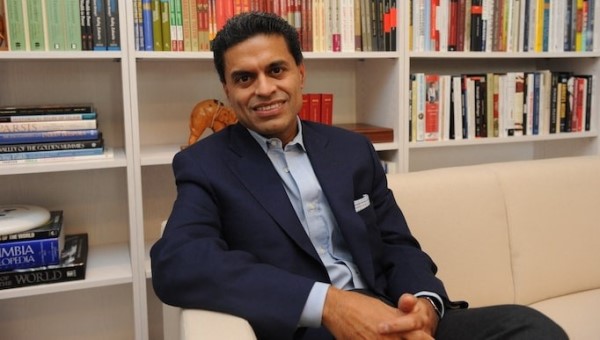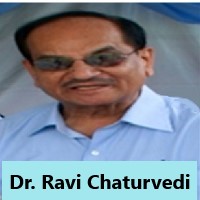Narendra Modi has the opportunity to leave behind a profoundly impactful legacy and be remembered as the most significant Indian prime minister since Jawaharlal Nehru, according to geopolitical expert Fareed Zakaria in a recent interview with an Indian TV channel.
Speaking on the sidelines of the World Economic Forum in Davos, Zakaria expressed the view that PM Modi has the potential to revolutionize India’s still highly protectionist economy. He highlighted the challenges faced by foreign entities, including universities and NGOs, due to India’s complex set of backward colonial and post-colonial regulations. Zakaria emphasised that high tariffs currently position India as the most protectionist large economy globally, necessitating transformative changes.
“He (PM Modi) has the chance to go down as the most important Indian prime minister since Nehru. I think it would be hard for him to overtake Nehru because Nehru was India’s first prime minister. And that gives him a kind of unique status as the man who established modern India and particularly modern Indian democracy. But he has the chance to leave a very powerful legacy,” said Zakaria.
Zakaria noted PM Modi’s commanding position ahead of the Lok Sabha elections, attributing it to India’s overall positive performance. He credited Modi’s policies and a two-decade trend of reforms for India’s current momentum.
According to Zakaria, PM Modi has successfully connected with a significant portion of Indians, particularly those embracing Hindu pride. Zakaria highlighted Modi’s non-elite background, differentiating him from previous prime ministers, and emphasised his ability to understand and tap into the pride of the average Indian.
When considering a potential third term for PM Modi, Zakaria anticipated further reforms, addressing areas where India still faces challenges in global business standards, such as protectionism, labor laws, and land acquisition.
Expressing a strategic interest, Zakaria hoped for a solidification of ties between India and the United States, emphasizing the benefits of a generational alliance focusing on cooperation, dialogue, and cross-fertilization in economics, trade, technology, and education.
Commenting on the consecration ceremony at the Ram Mandir in Ayodhya, Zakaria expressed delight and Indian pride, hoping that the positive sentiment could contribute to unifying rather than dividing the country.
Zakaria also discussed the traditional and patriarchal aspects of Indian society, noting the lower women’s participation in the labor force compared to Saudi Arabia. He called for leadership that encourages pride without putting others down and highlighted the greatness of Hinduism in its pluralism and tolerance.
See also:
Malik’s love game leaves Sania in lurch
Cometh hour, cometh man: Durga Shankar Mishra









